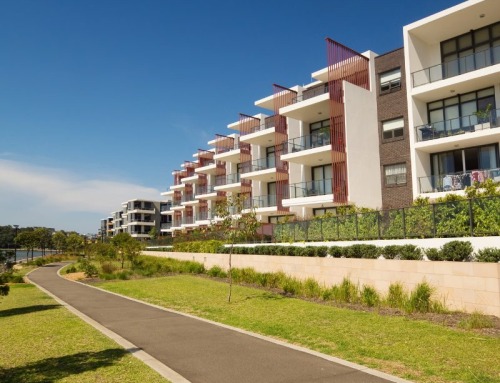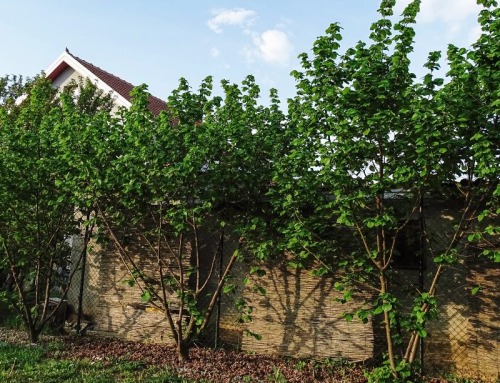Expected to start from 1 July 2021, a homeowner will no longer have to pay capital gains tax “CGT” for the creation, variation or termination of a formal written granny flat arrangement that accommodates the elderly, typically family members or people with disabilities.
A principal place of residence is exempt from CGT, whereas investment properties are subject to tax on any capital gains on sale of a property. This means for a granny flat to be rented, CGT is payable on the portion of the capital gains attributable to the value of the granny flat.
Subject to the implementation of enabling legislation, the rules regarding CGT exemption will cover formal written agreements. The exemption applies to arrangements with older Australians or those with a disability. According to Government figures, there are estimated to be about 3.9 million pensioners and about 4 million with a disability who could benefit from the exemption.
Currently, CGT consequences have created a reluctance for Australians to enter into written, formal and legally enforceable granny flat agreements. Often to avoid CGT implications, families choose informal arrangements to house a family member in their granny flat. This can create significant issues for the family member in the event that there is a breakdown in the family relationship. The lack of written agreement makes the granny flat occupant vulnerable and open to exploitation. A written agreement provides legal protection to the owner and the occupant, outlining the rights and responsibilities of both parties to the agreement.
It is recommended that formal written agreements are in place for granny flat owners/occupants. This ensures legal protection and the enforcement of rights for both the owner and the occupant.
If you would like to implement a written formal agreement for your existing granny flat arrangement, please contact us on (02) 9525 8688 or at wmd@wmdlaw.com.au.






![Construction Law Update – The decision of Pafburn Pty Limited v The Owners – Strata Plan No 84674 [2024] HCA 49](https://wmdlaw.com.au/wp-content/uploads/2025/05/Construction-500x383.jpg)